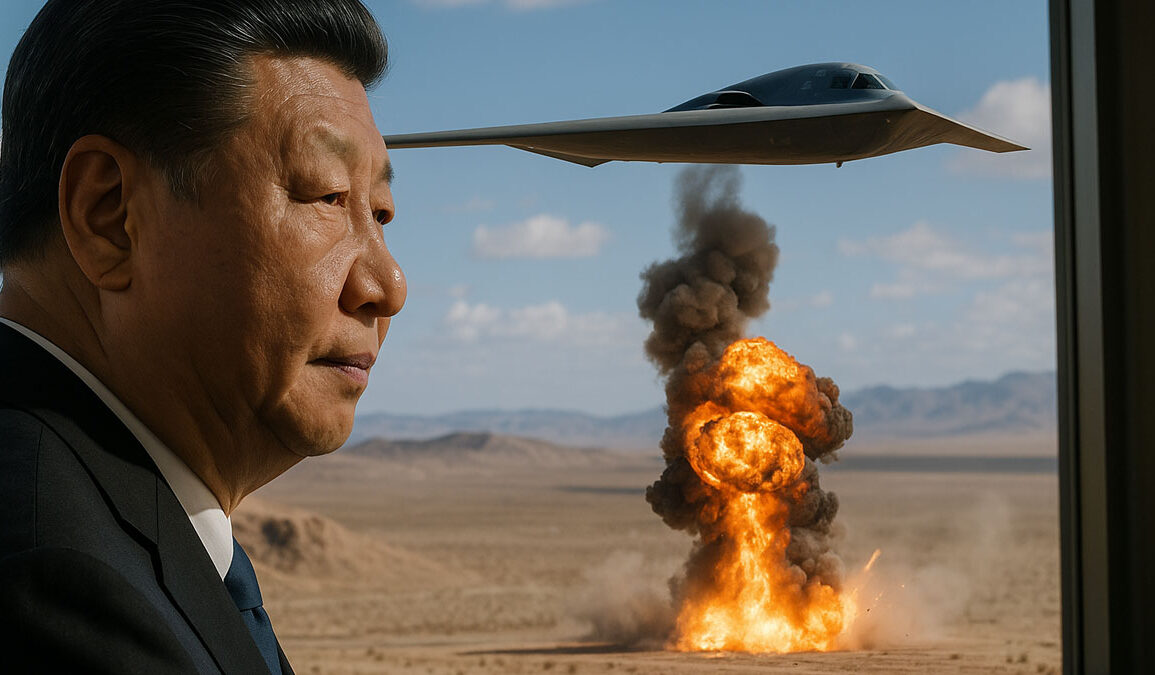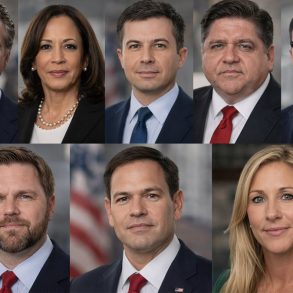China has sharply condemned the United States for bombing three of Iran’s nuclear sites over the weekend, calling the move a violation of international law and a dangerous threat to global peace. The strikes, which President Donald Trump described as a “spectacular military success,” have triggered a wave of diplomatic backlash and fears of a broader war.
China: Outraged but Not Militarily Involved
The Chinese Foreign Ministry said the U.S. airstrikes on Fordow, Natanz, and Isfahan violated the United Nations Charter and international law. Beijing criticized the attacks for undermining nuclear oversight by the International Atomic Energy Agency (IAEA), which had monitored the sites.
At an emergency session of the UN Security Council, China’s ambassador Fu Cong said the strikes “destabilized the region and undermined the nuclear non-proliferation regime.” He called on the global community to “uphold justice, make concrete efforts, and restore peace and stability.”
Despite its strong words, China stopped short of offering military support to Iran. Analysts say China is instead leveraging diplomatic and economic tools, focusing on portraying itself as a peaceful counterweight to American interventionism.
Will China Intervene?
So far, China has given no indication it will get directly involved. Its presence in the region remains small, limited mostly to commercial and energy interests. Still, Beijing may use its seat on the UN Security Council to push for formal condemnation of the U.S. or to block future American resolutions.
In the short term, China appears focused on diplomacy rather than escalation.
Reactions from Around the World
The U.S. strikes have drawn a wide range of responses. Here’s how key countries and groups are reacting:
- Russia: Strongly condemned the airstrikes and accused the U.S. of violating the UN Charter. Dmitry Medvedev warned that some nations may now offer nuclear weapons to Iran. However, Russia stopped short of any military response, citing its own limits due to the Ukraine war.
- Iran: Called the attacks a “grave violation” of the Non-Proliferation Treaty. Foreign Minister Abbas Araghchi said the U.S. had “crossed a very big red line” and warned of “everlasting consequences.”
- United Nations: Secretary-General António Guterres said he was “gravely alarmed” and warned the region was on the brink of a major catastrophe. He urged member states to de-escalate and return to diplomacy.
- United Kingdom: Prime Minister Keir Starmer acknowledged the danger of Iran’s nuclear ambitions but called for negotiations. “Iran must never be allowed to develop a nuclear weapon,” he said.
- European Union: Urged restraint. Top diplomat Kaja Kallas emphasized the need for diplomacy, while European Council President Antonio Costa warned that civilians will suffer if the situation spirals.
- France: Urged both sides to avoid escalation and reiterated support for a negotiated solution under the Non-Proliferation Treaty.
- Germany: Chancellor Friedrich Merz emphasized Iran must rejoin nuclear talks and pledged to coordinate with EU and U.S. allies.
- Italy: Hoped the attack would push Iran back to the negotiating table. Foreign Minister Antonio Tajani supported a diplomatic path forward.
- Japan: Prime Minister Shigeru Ishiba said it was critical to calm tensions and reiterated opposition to nuclear weapons development.
- India: Prime Minister Narendra Modi called for immediate de-escalation and dialogue after speaking with Iran’s president.
- Pakistan: Condemned the U.S. strikes as a violation of international law, despite recently nominating Trump for the Nobel Peace Prize.
- Saudi Arabia: Expressed “great concern” but did not outright condemn the U.S. It urged restraint and a political resolution.
- Qatar: Warned of “catastrophic consequences” and called on all parties to avoid further escalation.
- Oman: Condemned the strikes and expressed frustration after months of trying to mediate U.S.-Iran talks.
- Iraq: Warned the strikes threatened regional stability and called for immediate diplomacy.
- Egypt: President el-Sissi warned of grave repercussions and demanded a return to negotiations.
- Turkey: Has not issued a formal statement but is reportedly coordinating with NATO to assess regional risks.
- Israel: Praised Trump’s actions. Prime Minister Netanyahu said the strikes would “change history” and prevent Iran from acquiring nuclear weapons.
- Hezbollah: Called the U.S. attack “barbaric” and claimed it confirmed America’s partnership with Israel in “crimes” across the region.
- Hamas: Condemned the strikes as “brazen aggression” and declared full solidarity with Iran.
- Houthis (Yemen): Accused the U.S. of violating international law and vowed to continue resisting U.S. and Israeli “arrogance.”
- Venezuela: Called the bombing “illegal, unjustifiable, and extremely dangerous.”
- Cuba: Condemned the strikes as a “dangerous escalation” and a violation of international norms.
- Chile: President Boric said the attacks violated global rules and demanded peace, even for the U.S.
- Argentina: Right-wing President Javier Milei supported Trump’s actions and reposted praise for “Western civilization.”
- Mexico: Called for urgent diplomacy and respect for international law.
- Canada: Prime Minister Mark Carney echoed Trump’s concern over Iran’s nuclear threat but pushed for a peaceful resolution.
- Switzerland: Urged all parties to respect international law and return to diplomacy.
- Australia: Supported U.S. aims to prevent Iran’s nuclear development but warned against further escalation.
- New Zealand: Called the situation “extremely worrying” and backed efforts toward peace talks.
- Ukraine: Supported the U.S. strikes and linked Iran’s behavior to its support for Russia in the ongoing war.
- Czechia: Supported the strikes as a necessary move to prevent Iran’s nuclear weapon development.
- Vatican: Pope Leo XIV called for peace, saying “humanity cries out and invokes reason to silence the weapons.”
- ICAN (International Campaign to Abolish Nuclear Weapons): Called the strikes “senseless and reckless,” arguing they violate international law and risk nuclear proliferation.
A World on Edge
Though Iran has vowed to retaliate, its options are limited. China and Russia have offered rhetorical support but show no signs of backing Iran militarily. Many of Iran’s regional allies—such as Hezbollah, Hamas, and the Houthis—remain weakened or tied up in other conflicts.
As of now, the U.S. has not signaled any further immediate military plans, but Trump warned that if Iran does not “make peace,” more strikes would follow. The world watches anxiously, hoping the situation de-escalates before it explodes into something far worse.Tools








